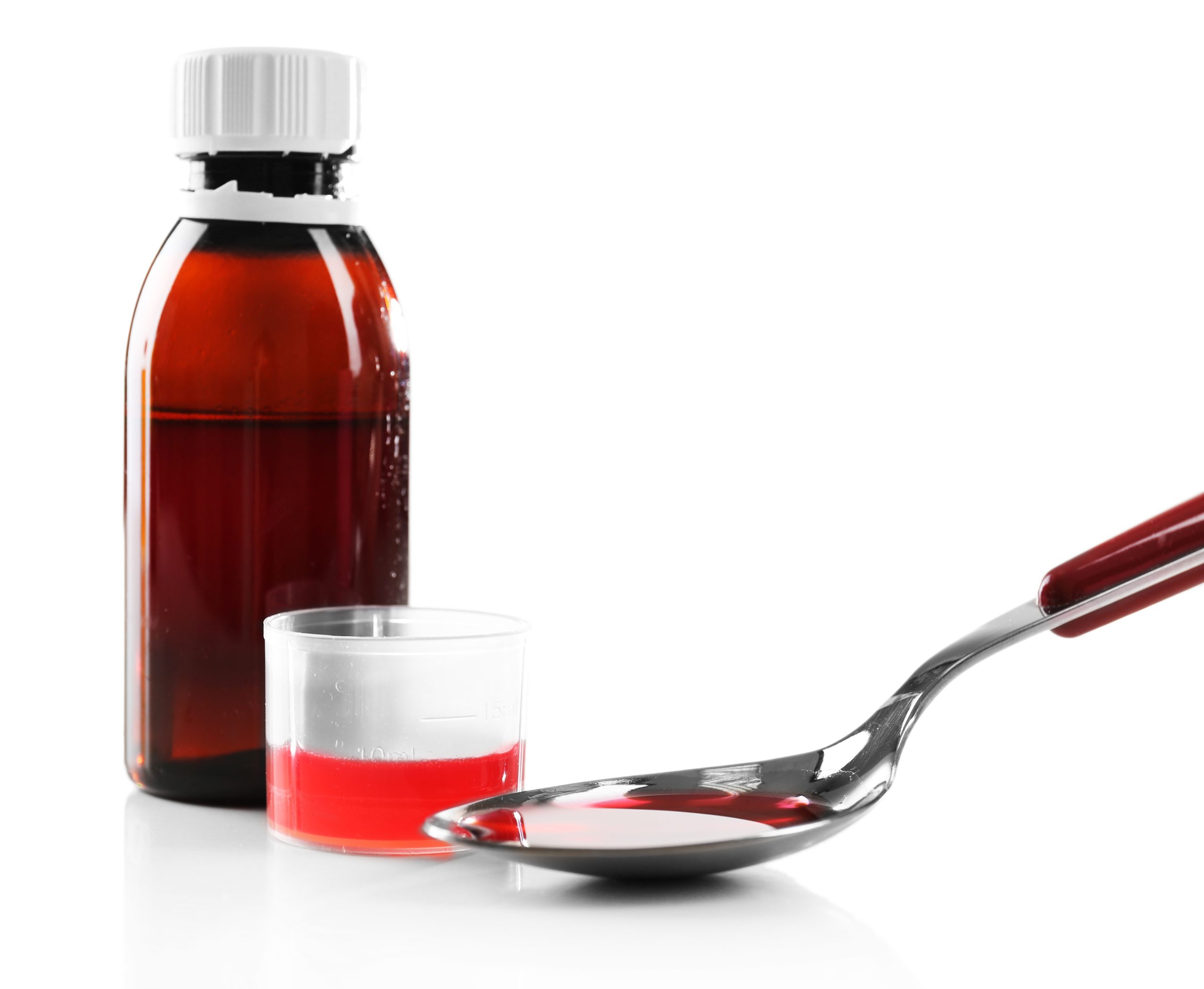
Premenstrual Dysphoric Disorder (PMDD) Awareness: Understanding and Managing PMDD
PMDD is a severe form of premenstrual syndrome (PMS) that causes debilitating physical and emotional symptoms. If you live in the Alpharetta area and are concerned about PMDD awareness, Alliance Ob/Gyn can help you understand and manage this condition effectively.
PMDD differs from PMS in its intensity and the impact it can have on daily life. While PMS may cause bloating, mood swings, and irritability, PMDD involves extreme mood changes, depression, anxiety, and physical discomfort that can disrupt a woman’s ability to function at work or in her relationships. Recognizing the difference between PMS and PMDD is crucial for seeking the right treatment.
Key Symptoms of PMDD
PMDD typically arises in the luteal phase of the menstrual cycle, which is the period after ovulation and before menstruation begins. Symptoms may last for 7-10 days before menstruation and improve when menstruation starts. Here are some of the most common symptoms:
- Severe mood swings, including depression or irritability
- Anxiety, tension, or feeling on edge
- Decreased interest in daily activities or relationships
- Difficulty concentrating
- Fatigue or lack of energy
- Changes in appetite or sleep patterns
- Physical symptoms such as bloating, breast tenderness, or headaches
If you experience five or more of these symptoms, and they are severe enough to interfere with your daily life, you may be dealing with PMDD.
Causes of PMDD
The exact cause of PMDD is not fully understood, but it is believed to be related to sensitivity to hormonal changes during the menstrual cycle. Genetics, lifestyle factors, and stress can also contribute to the severity of symptoms. If you are struggling with PMDD, it is essential to consult with a healthcare provider who can evaluate your symptoms and offer a proper diagnosis.
Treatment Options for PMDD
While PMDD can feel overwhelming, it is a treatable condition. At Alliance Ob/Gyn, we offer a variety of treatment options to help you manage your symptoms and improve your quality of life. These treatments may include:
- Lifestyle changes: Regular exercise, stress management techniques, and a healthy diet can significantly reduce PMDD symptoms.
- Medications: Antidepressants (particularly SSRIs), hormonal treatments such as birth control pills, or nonsteroidal anti-inflammatory drugs (NSAIDs) can alleviate both emotional and physical symptoms.
- Therapy: Cognitive-behavioral therapy (CBT) can help you manage stress, anxiety, and depression associated with PMDD.
- Nutritional supplements: Certain supplements, such as calcium, magnesium, and vitamin B6, may reduce symptoms for some women.
Seeking Help from Alliance Ob/Gyn
If you suspect that you may be suffering from PMDD, it’s important to consult a healthcare professional who understands this condition. At Alliance Ob/Gyn in Alpharetta, GA, we are here to provide compassionate care and expert advice on managing PMDD. We will work with you to create a personalized treatment plan tailored to your needs.
For more information or to schedule an appointment, please visit https://allianceobgyn.com/contact-us/.
Further Reading:
By increasing awareness of PMDD, we can help more women understand their symptoms and seek the treatment they deserve.



